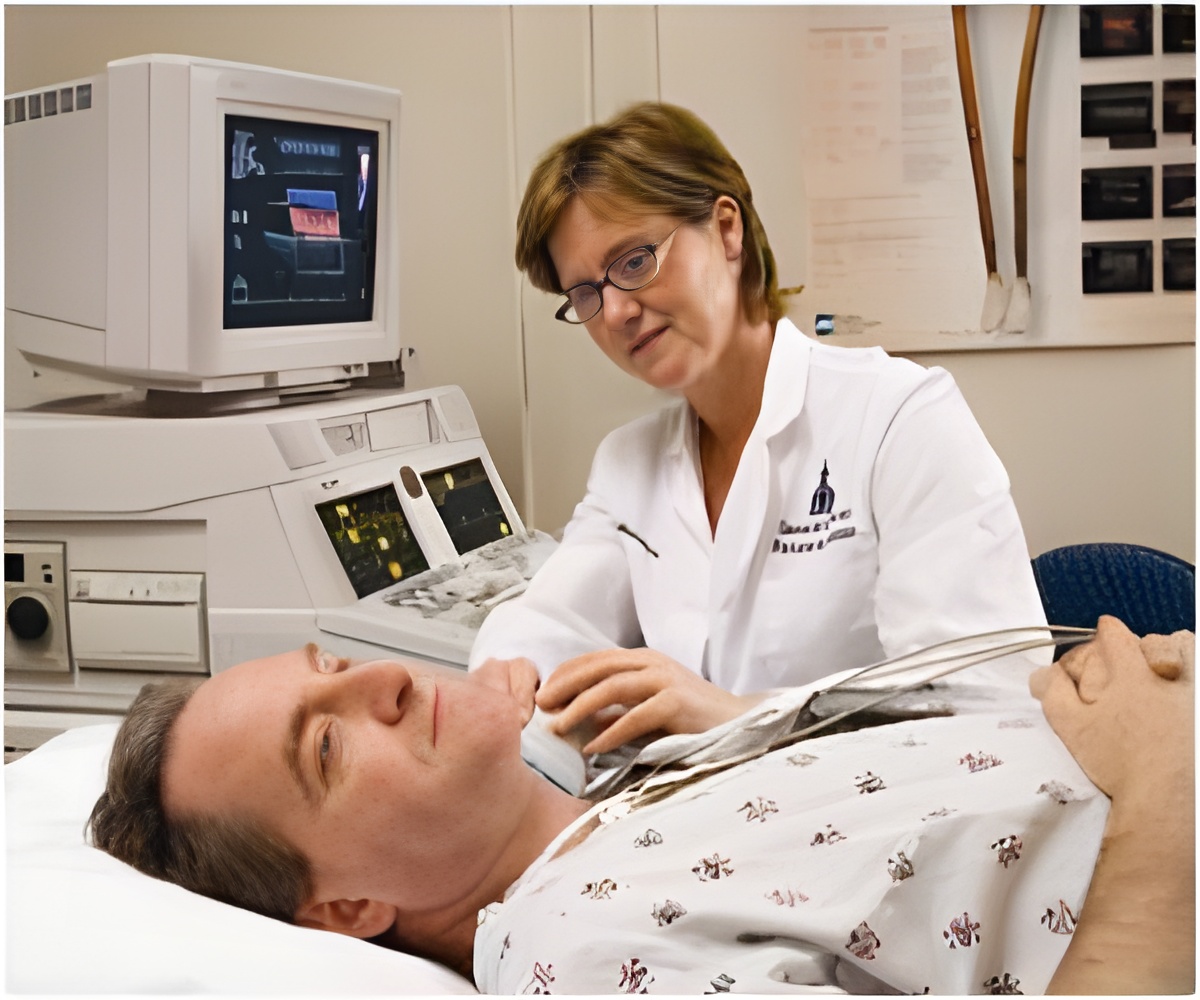Most parents agree their children should be ready to move out of the pediatrician's office into adult-focused care by age 18 - but just 30 percent actually make that transition by that age.

The C.S. Mott National Poll on Children's Health asked a national sample of parents of adolescents and young adults aged 13-30 years old about their perceptions of their children's abilities to manage their health care.
The poll found that about two-thirds of parents (69%) believe adolescents should stop seeing their child-focused provider and begin seeing an adult-focused provider for primary care at age 18 (42%), or even at younger ages (27%).
However, only about one-third (30%) of parents of 18- to 30-year-olds reported that their adolescents actually transferred to adult care by age 18.
"Making this transition is something virtually all teens and young adults will have to do, but this poll makes it clear that many parents are doubtful that their kids are ready to make the leap at age 18," says Emily Fredericks, Ph.D., associate professor of pediatrics at C.S. Mott Children's Hospital and the U-M Medical School. Fredericks is also a faculty member in the Child Health Evaluation and Research (CHEAR) Unit at the University of Michigan, in the Department of Pediatrics and Communicable Diseases.
Parents were mostly confident about adolescents and young adults knowing how to take medications, Fredericks says, but that confidence dropped substantially when they were asked about knowing when to go to the ER, filling out medical history forms, or knowing how to make a doctor's appointment.
Advertisement
"This perceived lack of skills may explain why so few teens transition their care by age 18. Parents may realize that becoming an adult at age 18 is not a guarantee that their young adult is suddenly ready to manage their own health care."
Advertisement
Parents can encourage teens to play more of a role in the process of seeking health care, like calling the doctor's office, asking and answering questions during the visits and learning about what is covered by health insurance, she says.
"Age alone shouldn't be the only factor. Instead, parents and healthcare providers can partner with adolescents to gradually teach them the self-management skills they need to successfully navigate the healthcare system," Fredericks said. "Our poll results indicate that transition needs to be a learning process, not a point in time where suddenly teens are ready to be independent when it comes to their health."
Source-Eurekalert











